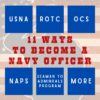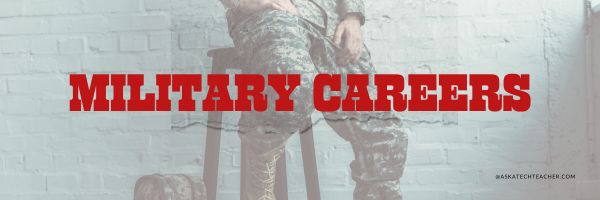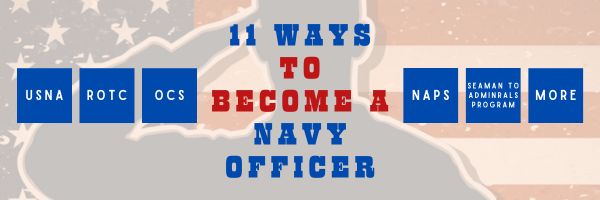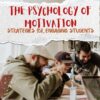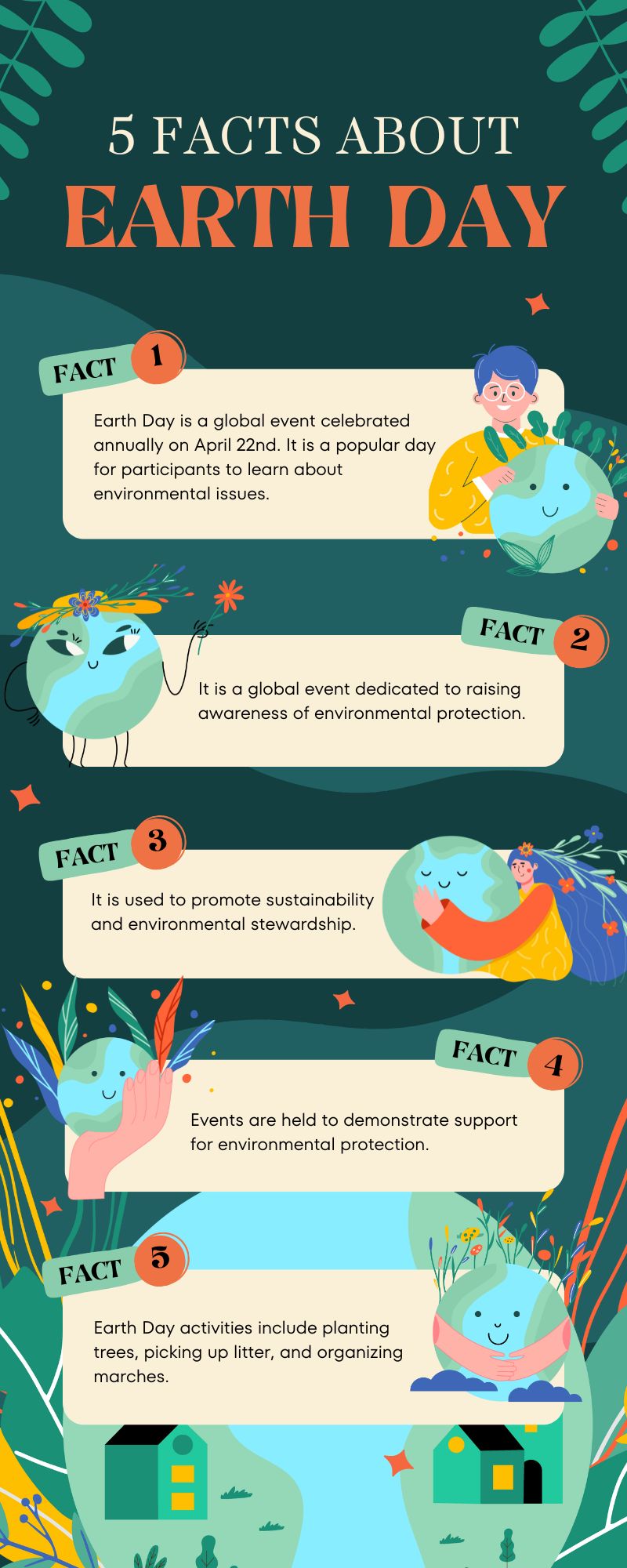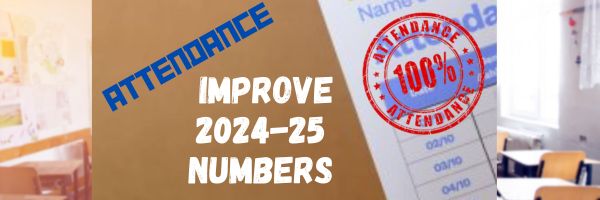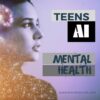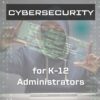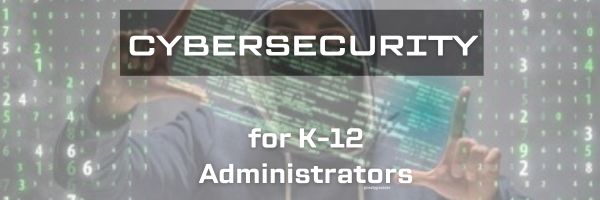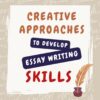11 Ways to Become a Navy Officer and a Gentleman
This is a new Ask a Tech Teacher series on College and Career with a focus on military options. We’ll start with this how-to on becoming an officer and a gentleman:
As the economy gets worse, a career in the military looks better. They are the rare employer who accepts everyone qualified and doesn’t lay you off. Whether you enlist or become an officer is a personal choice. Each requires specific requirements, commitments and responsibilities. Each has its own unique skill set that either fits the prospective candidate or doesn’t. While the pay is greater, so is the stress and demands associated with the work. Me–I have a Navy Officer daughter and an Army enlisted Signal Corps son. Each picked the path that worked best for them.
If you’ve decided that you prefer the officer path to the enlisted, here are your options: (more…)
Share this:
Quality of education in Florida private schools for foreigners.
Quality of education in Florida private schools for foreigners.
The quality of education in private schools in Florida for international students is quite diverse and offers numerous opportunities for a high-standard educational experience. Many private schools in Florida provide specialized programs that cater to the needs of international students, ensuring they receive an education that can facilitate access to global universities and professions.
Florida’s private schools offer a diverse range of educational environments and programs that cater to various needs and preferences. These schools are known for their strong academic programs, which often include Advanced Placement (AP) courses, International Baccalaureate (IB) programs, and specialized arts and sciences curricula. Many Florida private schools also boast robust athletic programs and state-of-the-art facilities.
For example, private schools like Windermere Preparatory School offer the International Baccalaureate (IB) diploma, known for its rigorous standards and international recognition. Schools like these typically boast advanced facilities and a curriculum designed to enhance student development in various areas including STEAM (Science, Technology, Engineering, Arts, and Mathematics), and often have partnerships with prestigious institutions like MIT and Juilliard to provide top-tier educational experiences.
Furthermore, schools such as Score Academy in Wellington focus on a family-oriented environment where students from all academic levels can thrive. These schools often adjust their curriculum to meet individual student needs and offer a variety of course levels including honors and AP courses. They aim to foster intellectual curiosity and cultural sensitivity, which are crucial for international students adapting to a new educational system.
For instance, schools like Canterbury School in Fort Myers and Gulliver Preparatory School in Pinecrest provide comprehensive programs that support not just academic excellence but also the overall development of students including arts and sports. Both schools have received high ratings from parents and students for their nurturing environments and commitment to preparing students for college. (more…)
Share this:
How Low-Carb Diets Fuel High-Achieving Students
How Low-Carb Diets Fuel High-Achieving Students
Have you ever considered that your diet could be the secret weapon in your quest for academic success? It’s not just about fueling late-night study sessions or grabbing a quick bite between classes. What if the foods you choose could directly enhance focus and memory retention?
Low-carb diets are more than just a trend; they’re transforming high-achievers into unstoppable forces in classrooms and beyond. From stabilizing mood to managing weight effectively, let’s delve into how cutting down on carbs can ignite your educational journey.
5 Ways Low-Carb Diets Fuel High-Achieving Students
Unlock the academic prowess within you by exploring how a low-carb diet could energize your studies.
Here are five transformative benefits to consider for brain power and beyond.
1. Enhanced Focus and Energy
Maintaining razor-sharp focus and boundless energy has always been the secret sauce for high-achieving students. It’s no surprise that what you eat plays a pivotal role in the academic equation.
A low-carb diet, rich in fats and proteins, stands out as a powerhouse for cognitive performance. They can also increase your energy, but most studies focus on short term effects.
But why does this matter for someone hitting the books? Let’s break it down:
- Stamina During Exams: A stable release of glucose provides prolonged energy.
- Consistent Performance: With fewer blood sugar spikes, you won’t crash.
- Reaction Times: Quicker mental responses can help to understand complex ideas.
Opting for meals that sustain rather than drain elevates your learning potential and sets a cornerstone for overall well being amidst the academic pressures. (more…)
Share this:
The psychology of motivation: Strategies for engaging students
The psychology of motivation: Strategies for engaging students
Motivation plays a role not only in people’s choice to get involved in their goals but also in their behavior, persistence, and, ultimately, success. It is imperative for educators to be aware of the essence of motivation in education in order to create a stimulating environment where students can learn and develop. Through understanding motivation, educators will discover various sophisticated techniques to attract attention and instill a love for learning among students for life.
What does motivation entail?
Motivation is a phenomenon built on the idea of the action of inside and outside factors that together influence an individual to act in the achievement of his/her aims. Experts in psychology have comprehensively analyzed motivation. As a result, they have presented different theories and components which shape the way humans behave. A learner can be driven by two major types of motivation, the extrinsic and intrinsic types, each with its unique characteristics and ramifications on the learning process. (more…)
Share this:
19 Online News Resources for Kids
Here are popular online resources to teach about news sources for kids (click here for updates to this list):
- Allsides (news stories compared across multiple political perspectives)
- Breaking News–from Class Tools, create your own screen
- BBC News (app)
- C News for kids
- Kids News – Current Events
- Listenwise
- Newsela–news for kids, reformatted at different reading levels
- News-o-matic for kids (app)
- NewseumEd
- News for Kids–free
- Newspaper Navigator–from the Library of Congress; search endless newspapers
- PBS Newshour Extra–for grades 7-12
- Scholastic
- TeachingKidsNews
- TweenTribune–by Smithsonian
- US News Map–the news headlines between 1789 and 1922
- Youngzine
- Youth Radio
- Yummy Math—math news
Fake News (click for resources)
Share this:
Earth Day Class Activities
Every year, the United Nations recognizes April 22nd as International Mother Earth Day. It is a day we can all participate in making our air clean, our water fresh and our land unlittered rather than accepting the trash-filled oceans, the smoggy skies, and the debris-laden land that is becoming the norm.
Despite the questionable health of our world, we have made progress. Back in 1970, when Earth Day was first celebrated, trucks spewed black smoke as they drove down the highways, toxic waste was dumped into oceans with no repercussions, and the general opinion was that the Earth took care of itself. That changed when U.S. Senator Gaylord Nelson, Earth Day’s founder, witnessed the ravages of the 1969 massive oil spill in Santa Barbara California and decided it was time to do something. He started with a “national teach-in on the environment” with a simple goal: Encourage people to recognize the importance of protecting the Earth:
“It was on that day [Earth Day] that Americans made it clear they understood and were deeply concerned over the deterioration of our environment and the mindless dissipation of our resources.”
Here are online resources (click for updates) to help you share the importance of Earth Day with your students:
- 25 Earth Day activities from WeAreTeachers
- Breathing earth– the environment
- Breathing Earth YouTube Video–of CO2 use, population changes, and more
- Conservation Game
- Earth Day Activities from Khan Academy
- Earth Day Activities from Science Buddies
- Earth Day Facts–video
- Earth Day Toolkit from NASA
- Ecotourism Simulation–for grades 4 and above
- The Four Seasons – An Earth Day Interactive Children’s Storybook (app)
- Green Kitchen (app)
- History of Earth Day
- My Garbology
- Starfall — Every Day is Earth Day
- Storyboard That! Earth Day lesson plans
How effective is Earth Day
Share this:
Chronic Absenteeism has become a big problem in schools
School absenteeism has been one of the small but chronic problems in the past. Since the pandemic, it is so much more, to the point it is a front-of-mind issue that schools scramble to address. Here’s a good discussion from the US Department of Education on the problem and solutions:
Ed Dept: Districts should start now to improve 2024-25 attendance
Schools must plan now to address chronic absenteeism
The US Department of Education is calling on state leaders to address chronic absenteeism, emphasizing the need for immediate action and accountability measures. Despite efforts to improve attendance, challenges persist, prompting renewed focus on student engagement and support strategies.
Full Story: K-12 Dive (3/27) (more…)
Share this:
Most Teens Think AI Won’t Hurt Their Mental Health; Teachers Disagree
Generative AI is an exploding influence in education with lots of potential but unknown outcomes. Most people focus on its impact on school research, lesson plans–that sort–but another piece isn’t considered often enough: its impact on student mental health. This next article from but we’ll do in this article from Education Week does
Educators, teens differ on AI’s mental health effects
Teens and educators hold divergent views on its mental health effects of AI, with educators expressing more concern about negative impacts, including cyberbullying and the ability of algorithms to create addictive virtual worlds. Meanwhile, students are more optimistic about AI’s potential benefits.
Full Story: Education Week (3/25) (more…)
Share this:
Sinclair launches free cybersecurity training for K-12 administrators
Cybersecurity threats in K-12 schools are a growing concern as educational institutions increasingly rely on technology for teaching, learning, and administrative purposes. Some common cybersecurity threats faced by K-12 schools include data breaches, BYOD policies, unsecured WiFi networks, insider threats, and lack of security awareness training. It’s this last that’s addressed by this article from Smartbrief:
Program teaches cybersecurity to K-12 administrators
Ohio’s Sinclair Community College, in collaboration with D2L, a learning technology company, has introduced a free cybersecurity course aimed at K-12 administrators to enhance their understanding of cyberthreats and develop strategies to mitigate these risks. Developed in response to a White House Cybersecurity Summit for K-12 schools, the short course focuses on identifying and addressing cybersecurity threats specific to schools.
Full Story: Dayton Daily News (Ohio) (tiered subscription model) (3/25) (more…)
Share this:
Creative Approaches for Developing Essay Writing Skills
The Cambridge Dictionary defines ‘essay’ as”
a short piece of writing on a particular subject
Most students write their first essay by third grade, probably enjoy the process because of its non-threatening narrative exploration of their thoughts, but by Middle School, the rules and requirements that made essay writing fun change:
In a school test, an essay is a written answer that includes information and discussion, usually to test how well the student understands the subject.
The Ask a Tech Teacher team came up with fresh rules we think are less threatening and more geared to enabling students to enjoy this important writing style. I think you’ll find some of these helpful:
Creative Approaches for Developing Essay Writing Skills
As a college student, the ability to write well-written essays is an essential skill that transcends academic disciplines and serves as a vital tool for effective communication throughout one’s personal and professional life, yet the process of developing this aptitude often presents a formidable challenge that requires a multifaceted approach encompassing various creative techniques and methodologies. Exploring diverse writing exercises, experimenting with different perspectives, and seeking inspiration from various sources can cultivate creativity and enhance essay writing skills, with the option to have professionals write me an essay providing valuable insights and further honing one’s craft. Start small. (more…)

